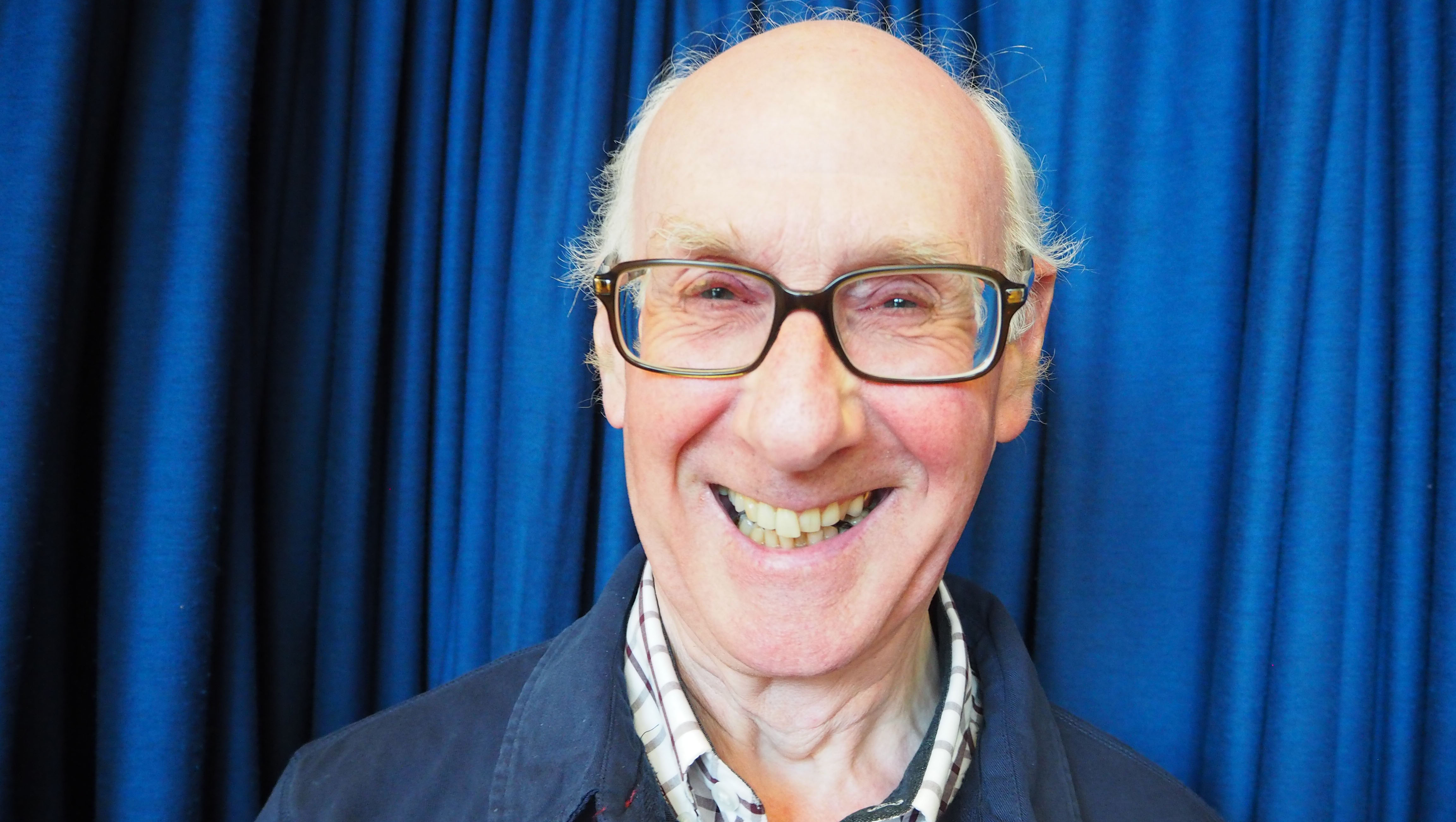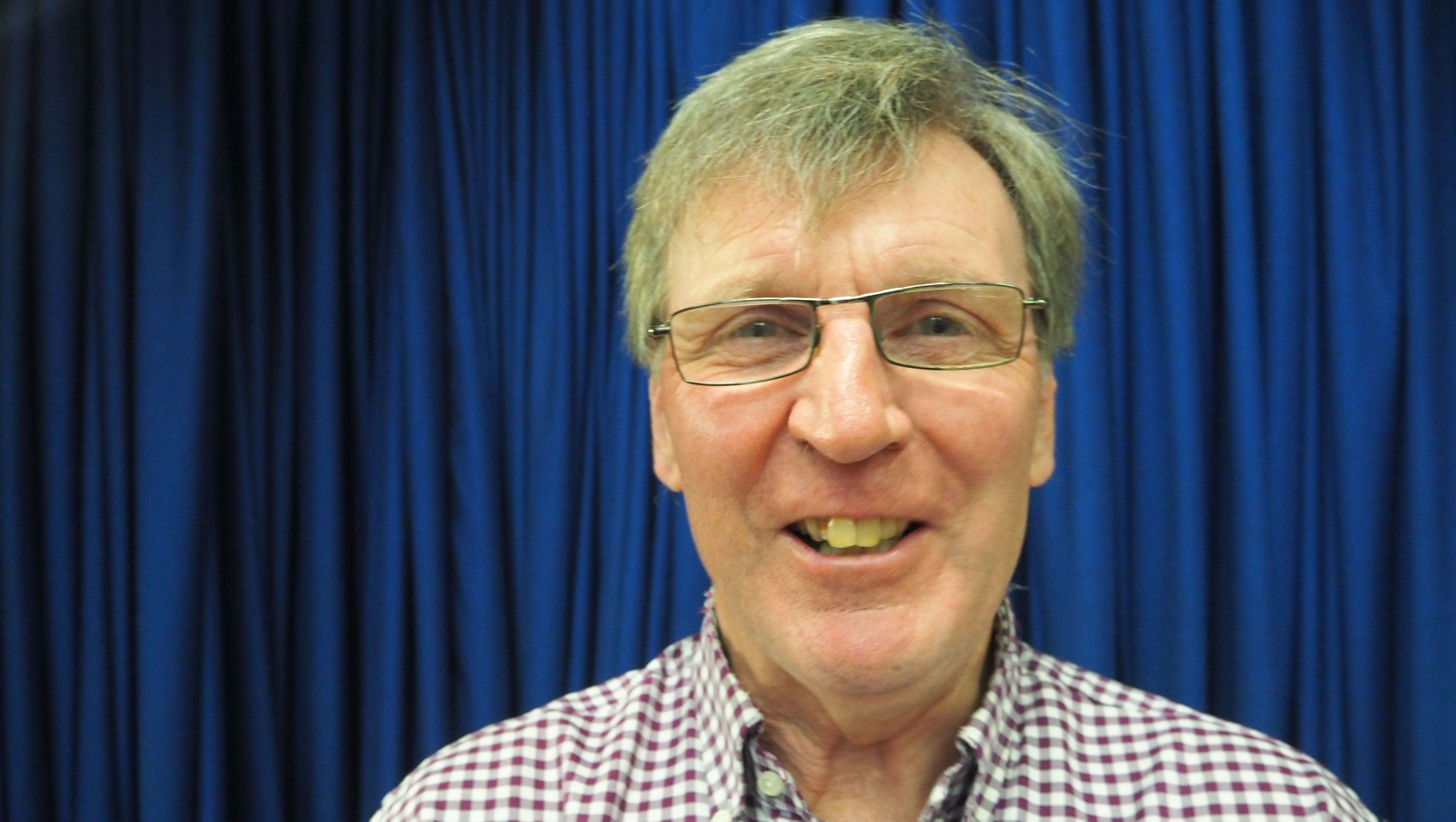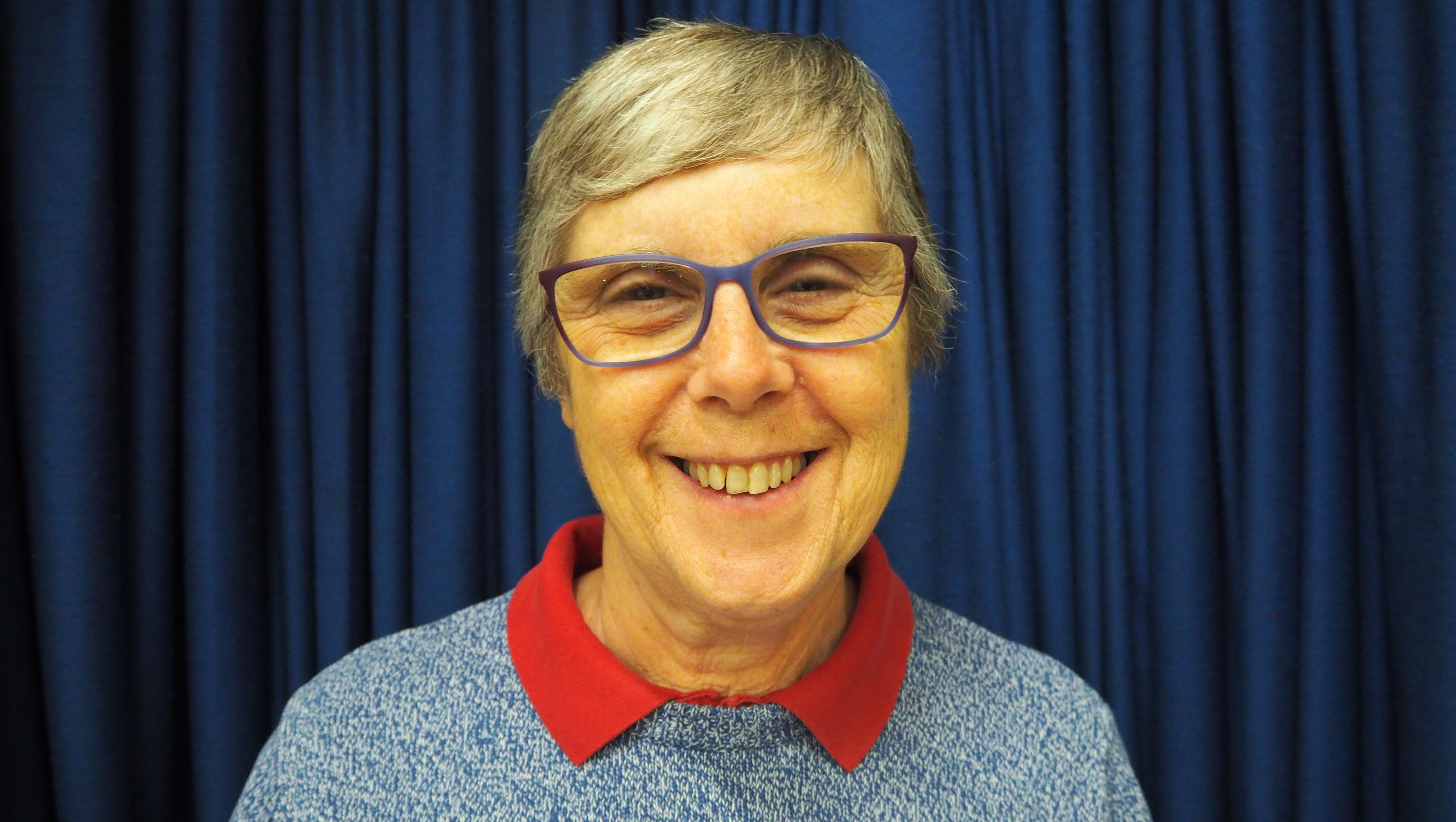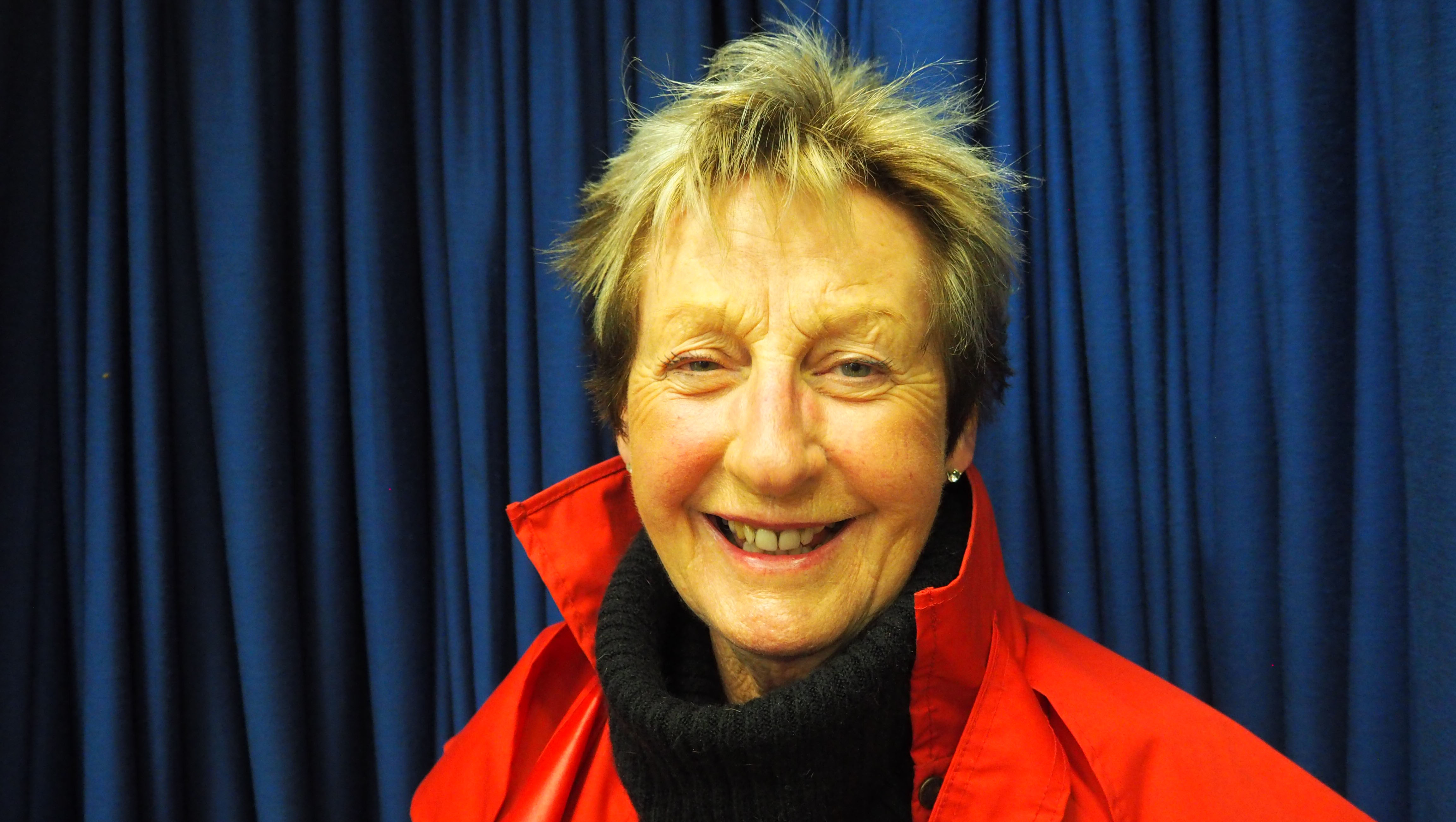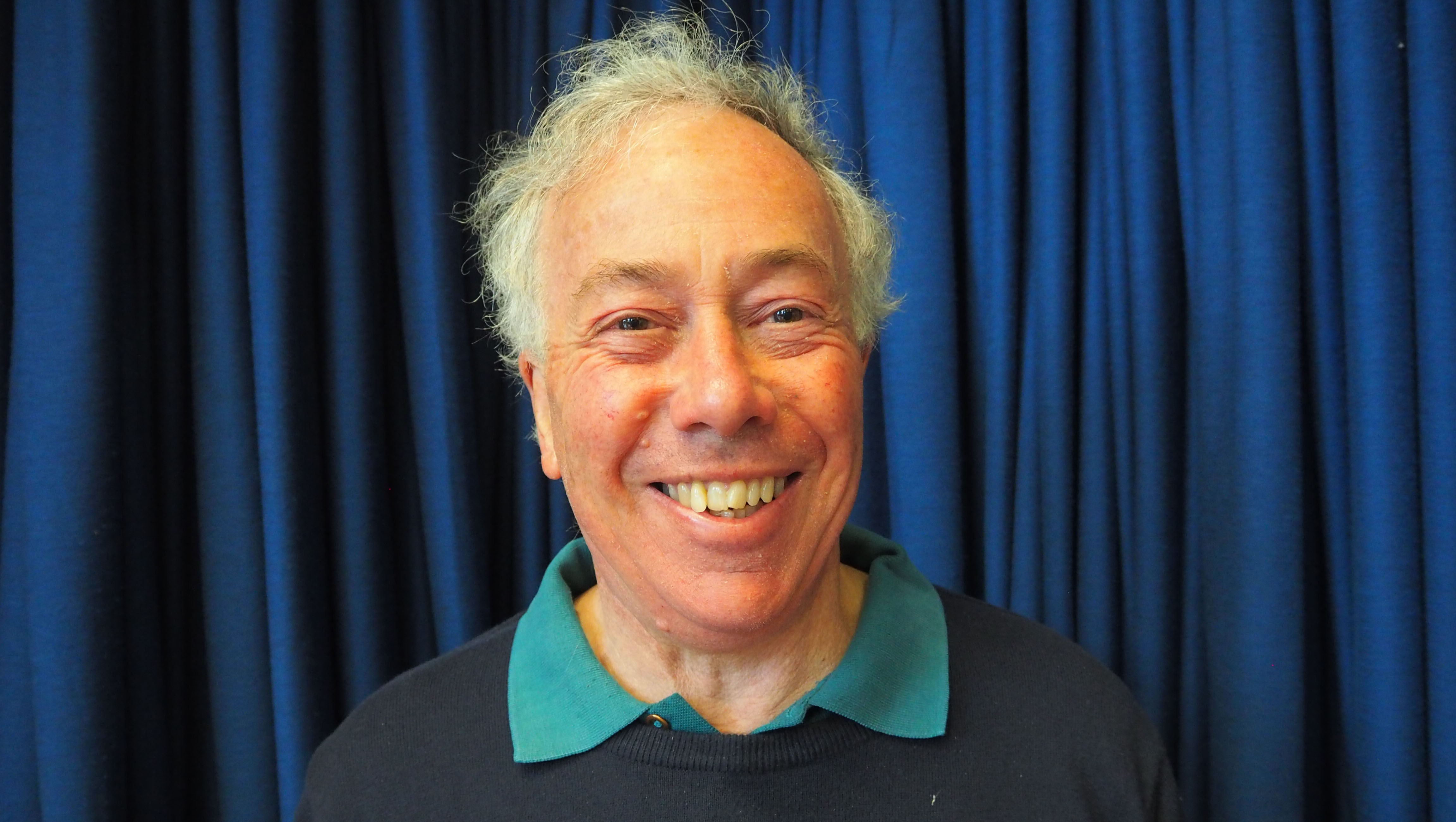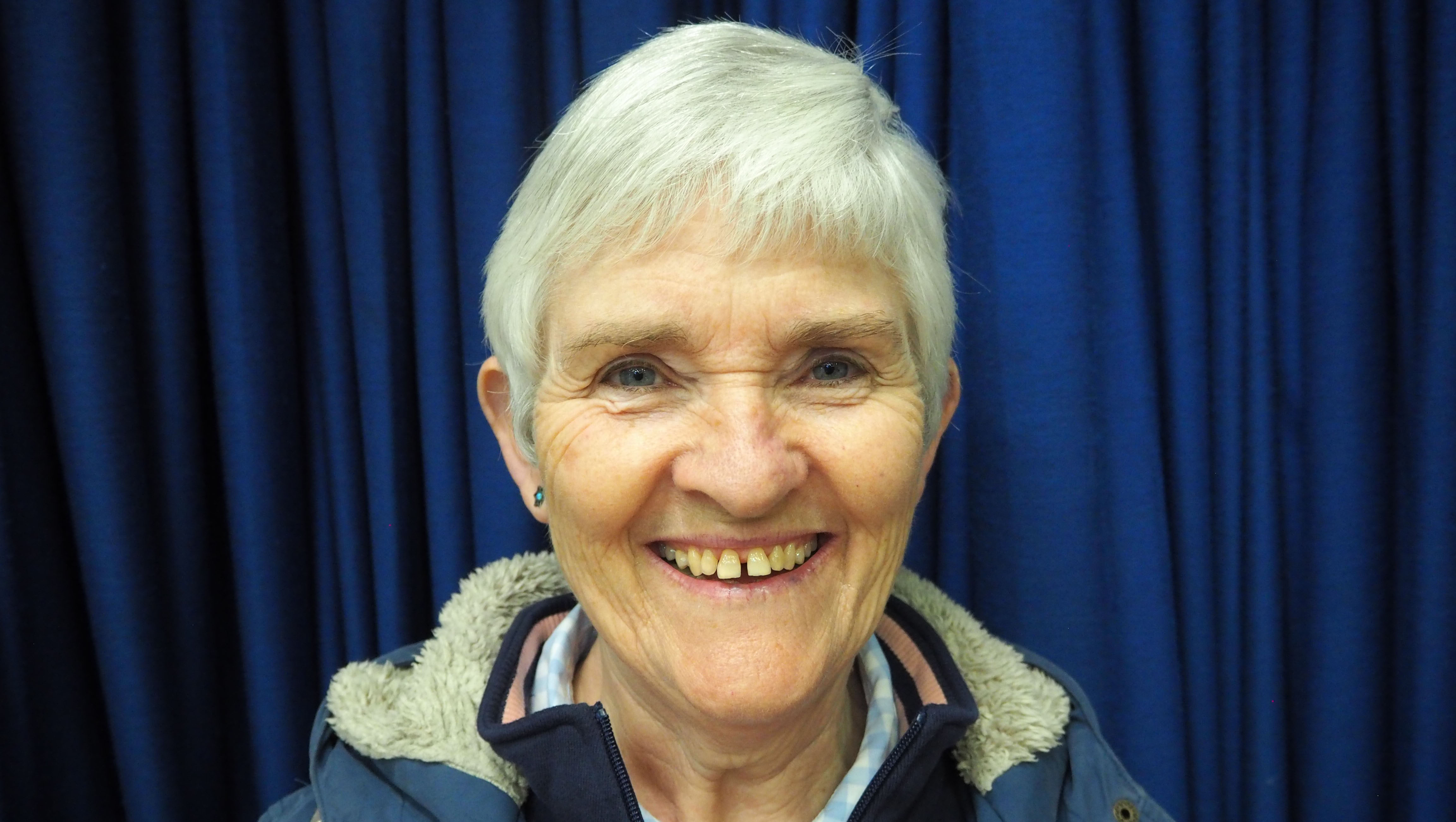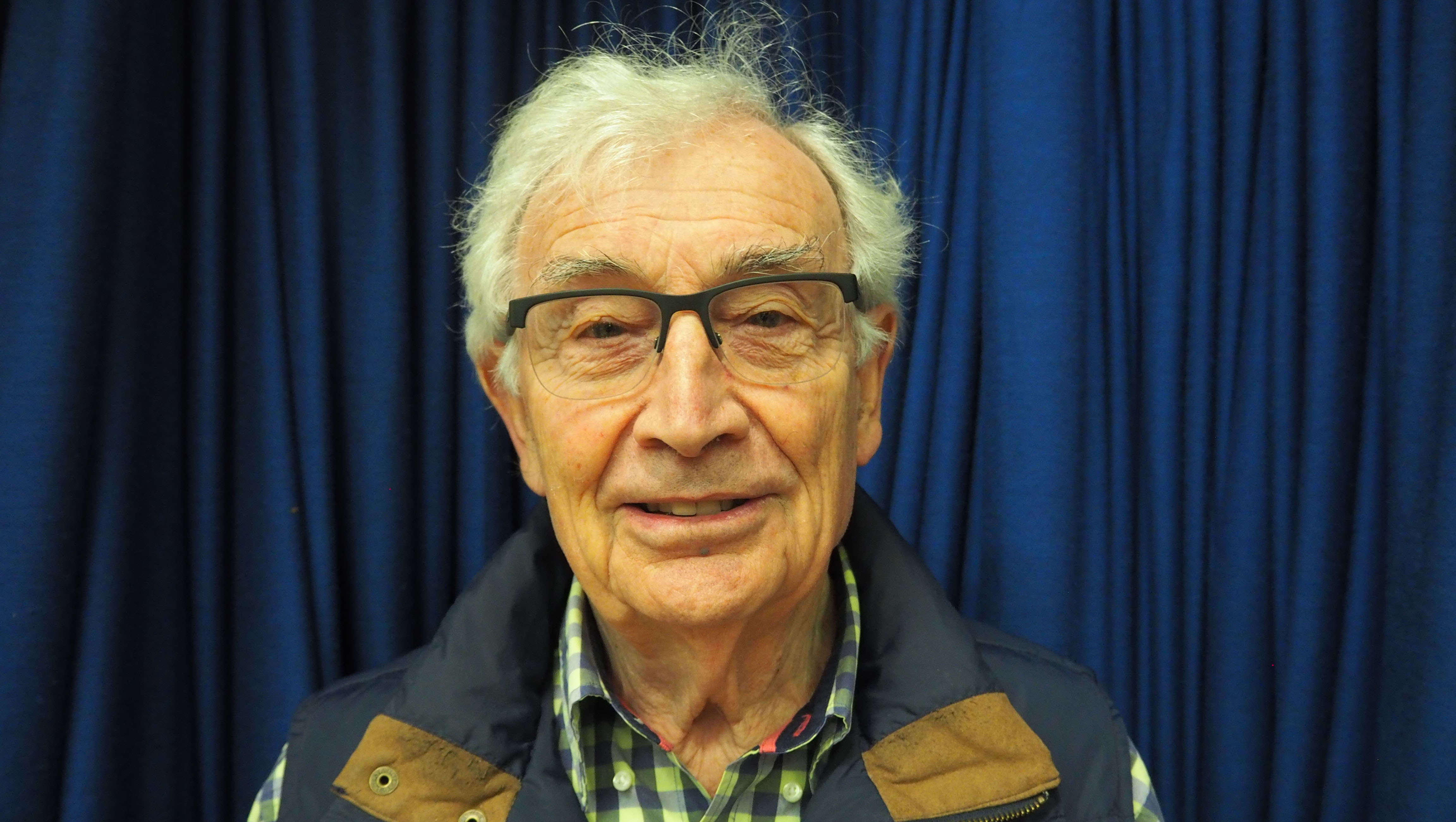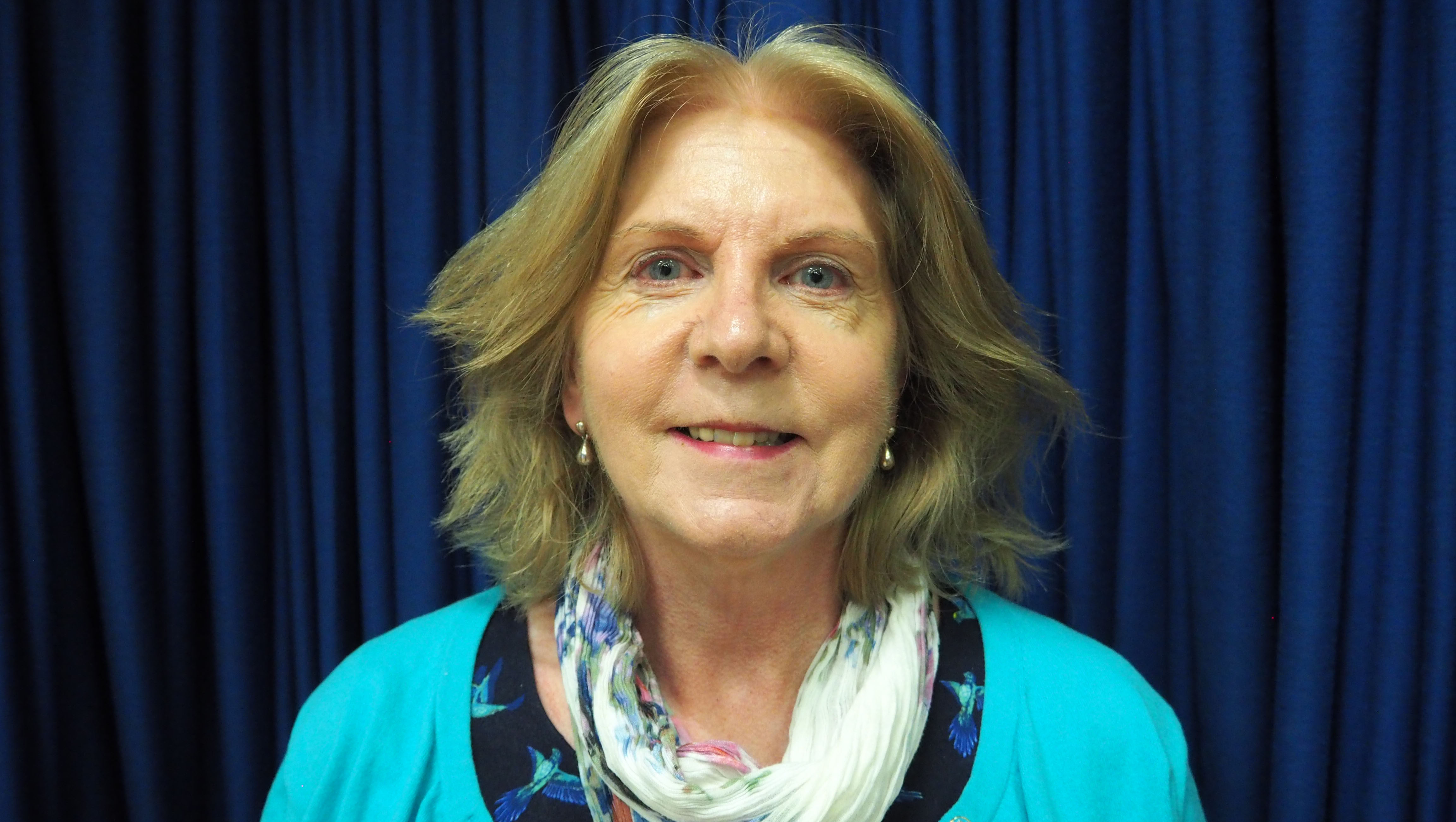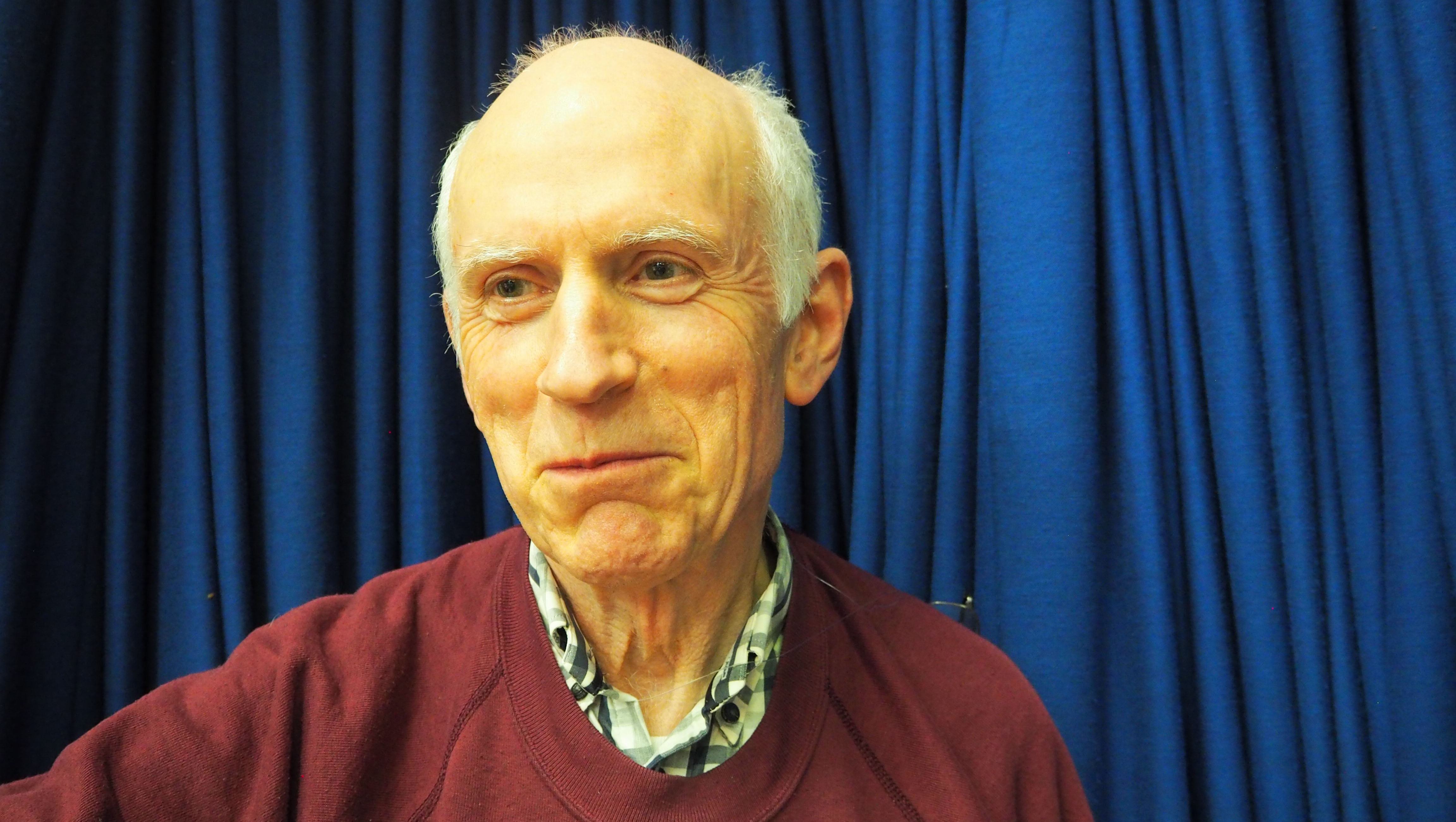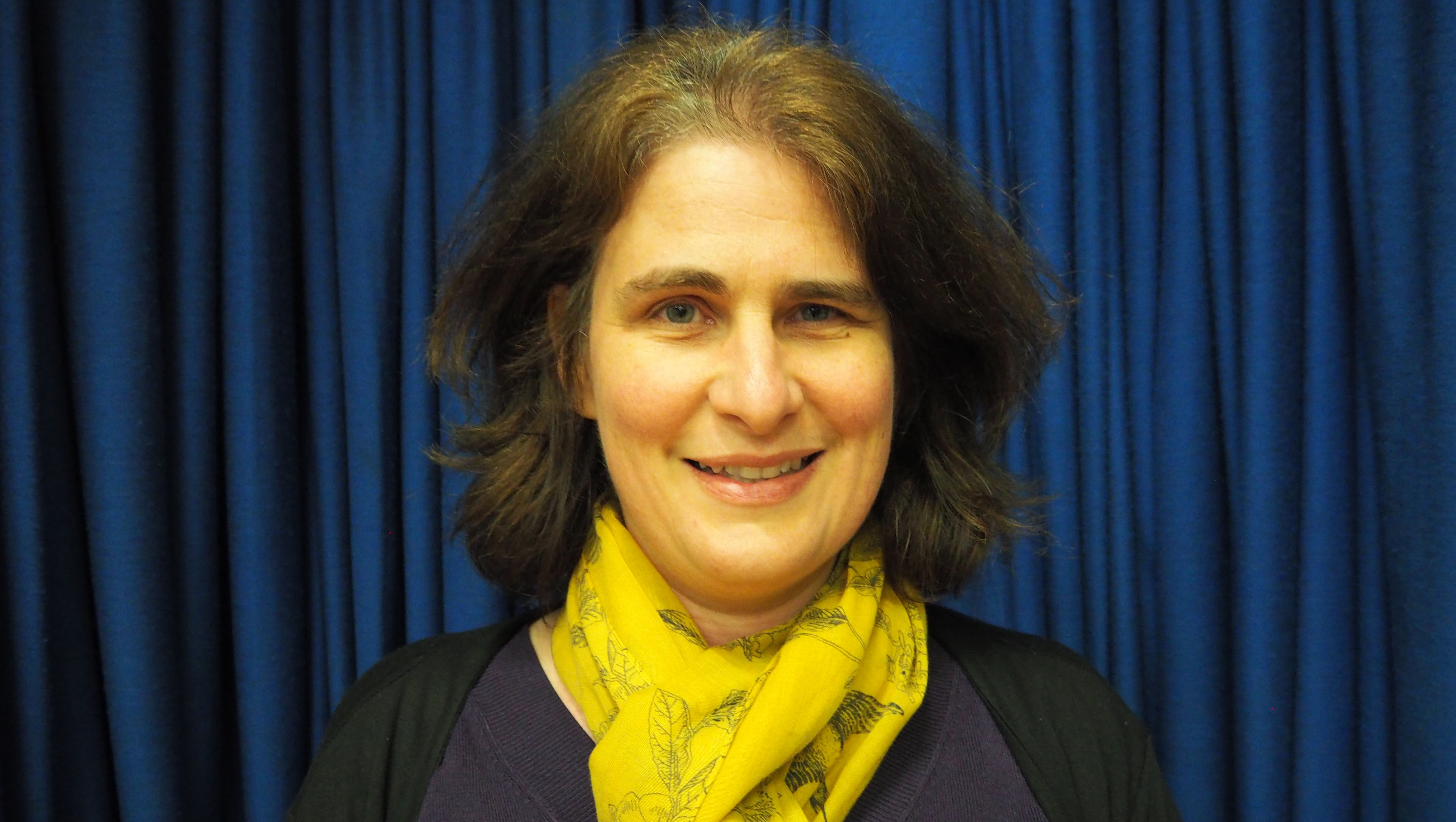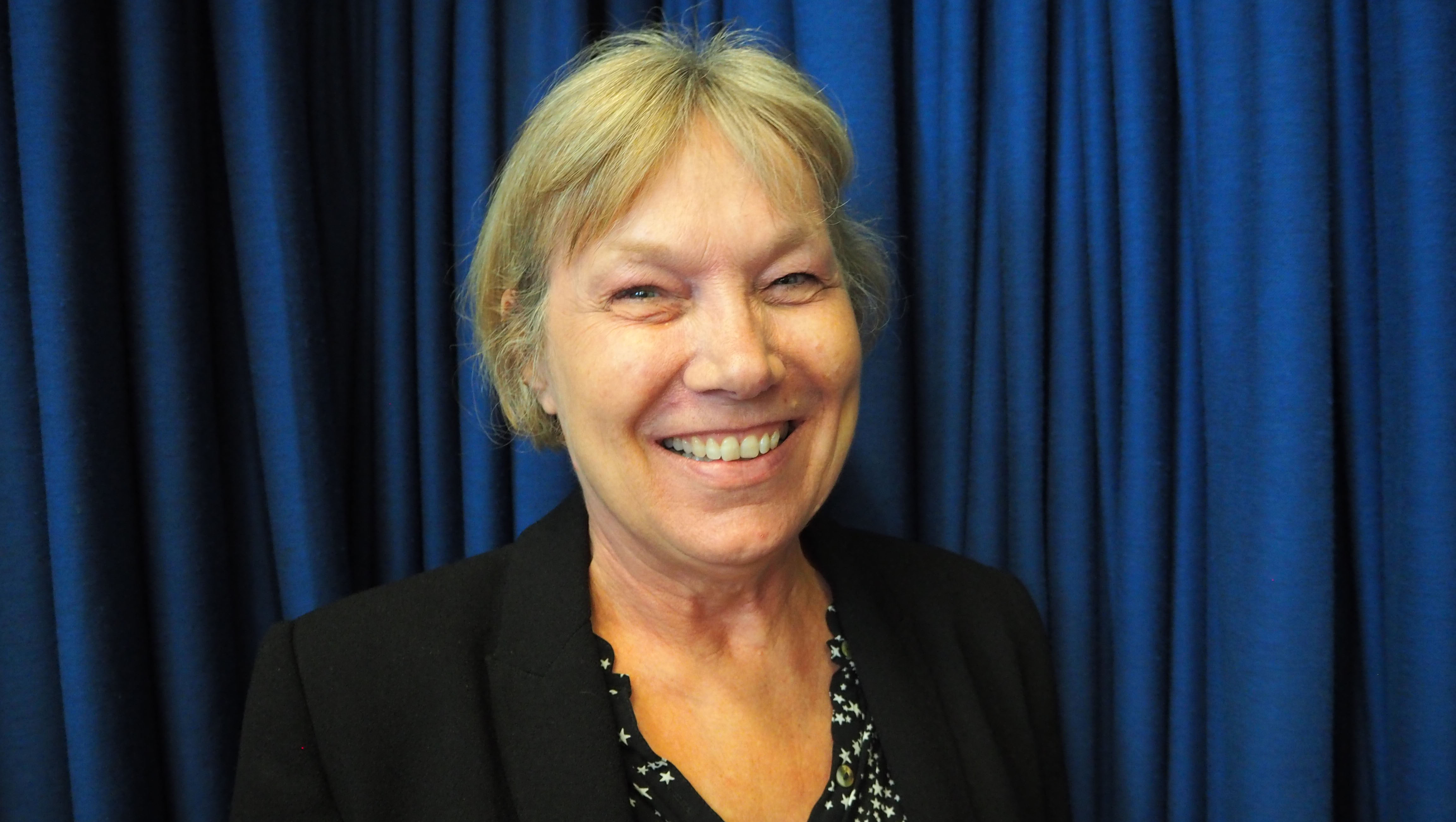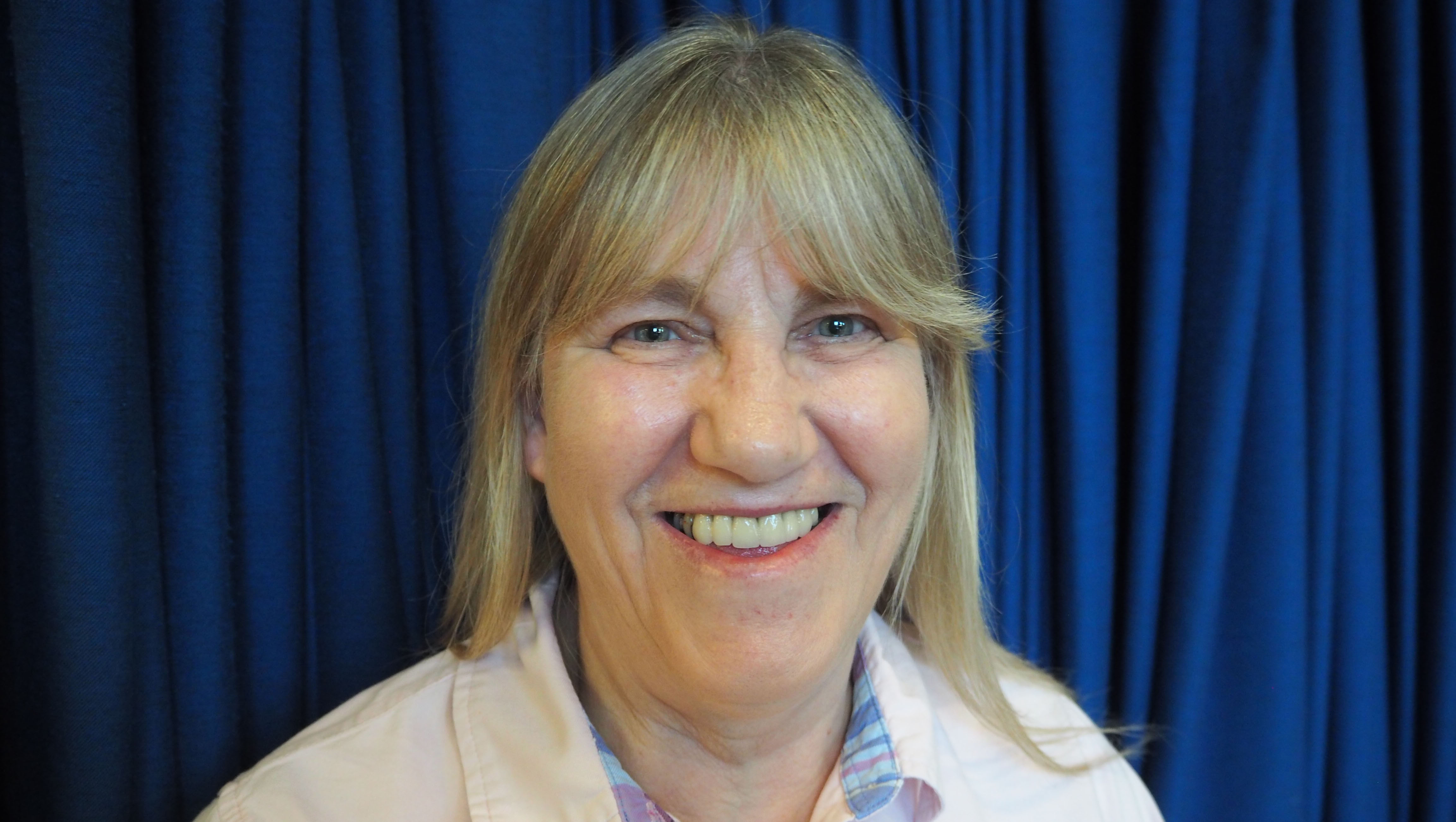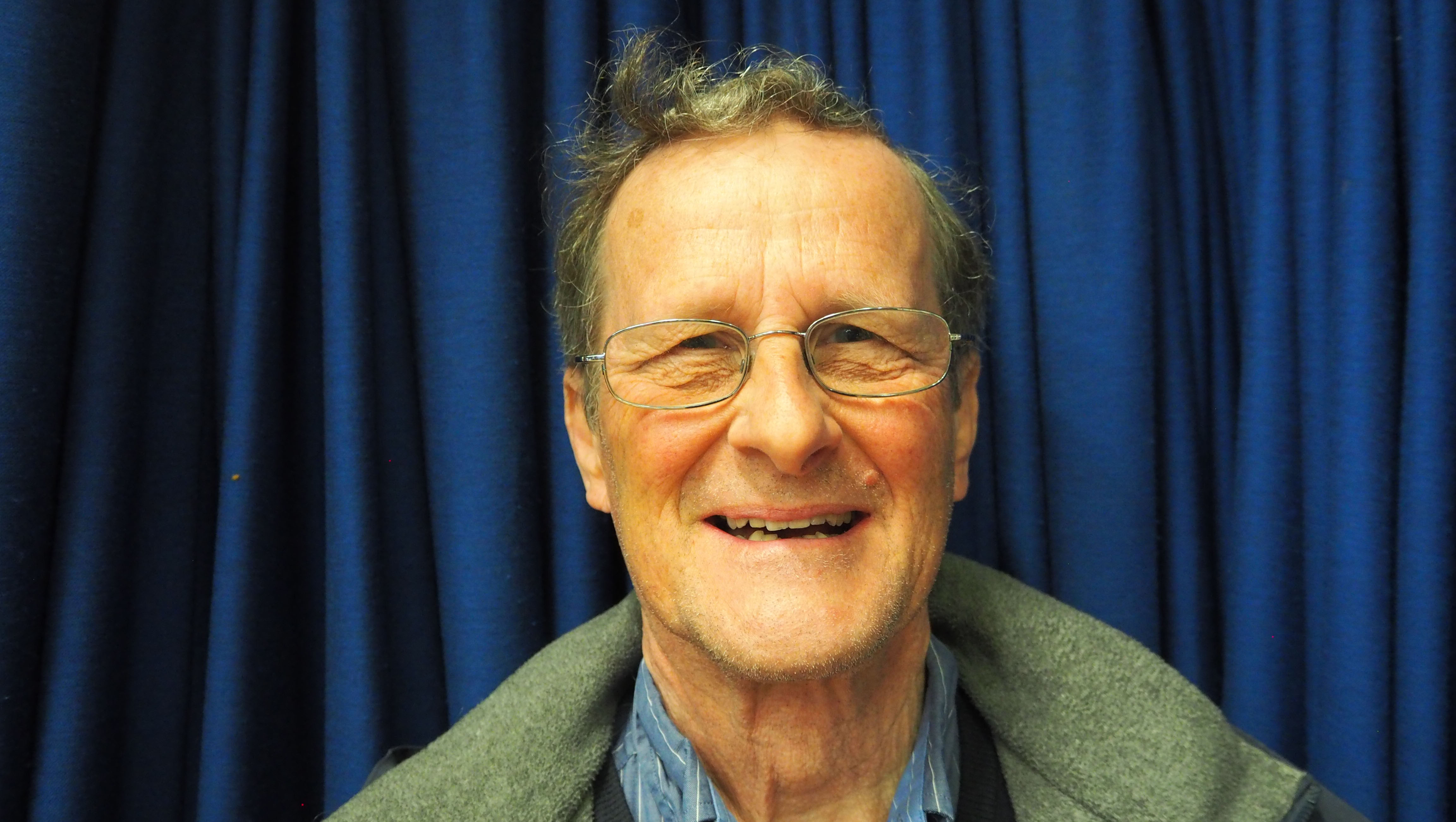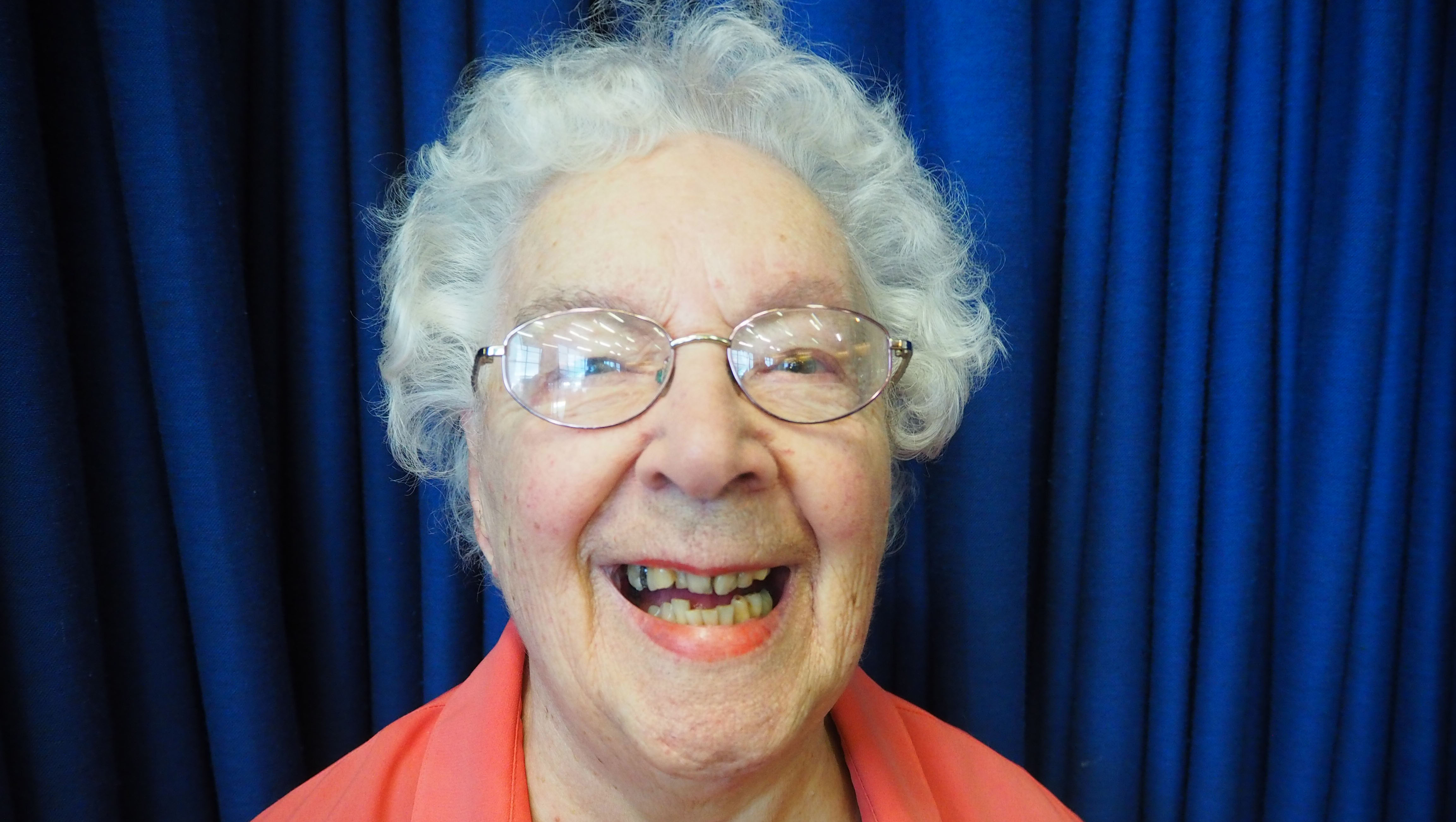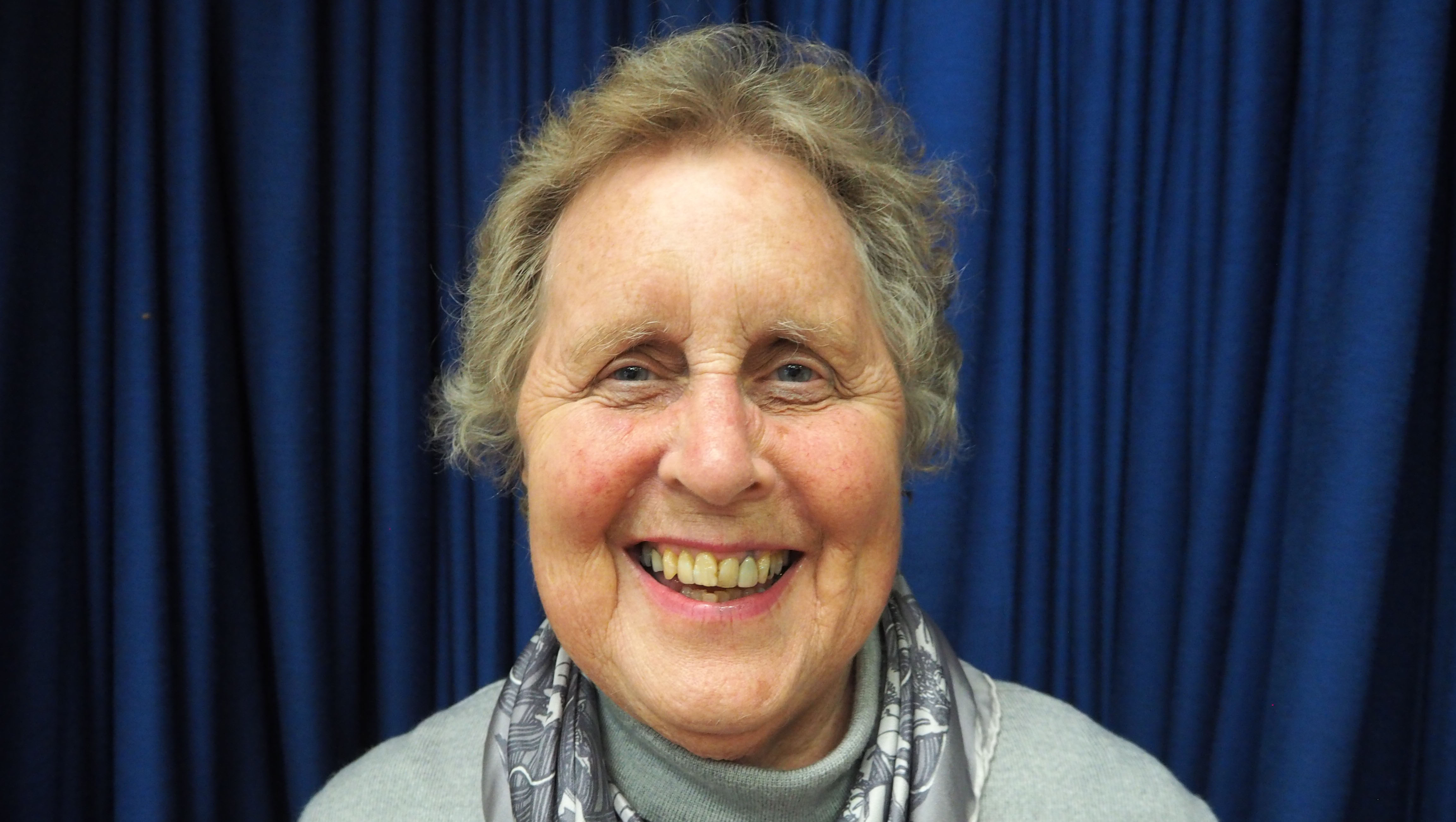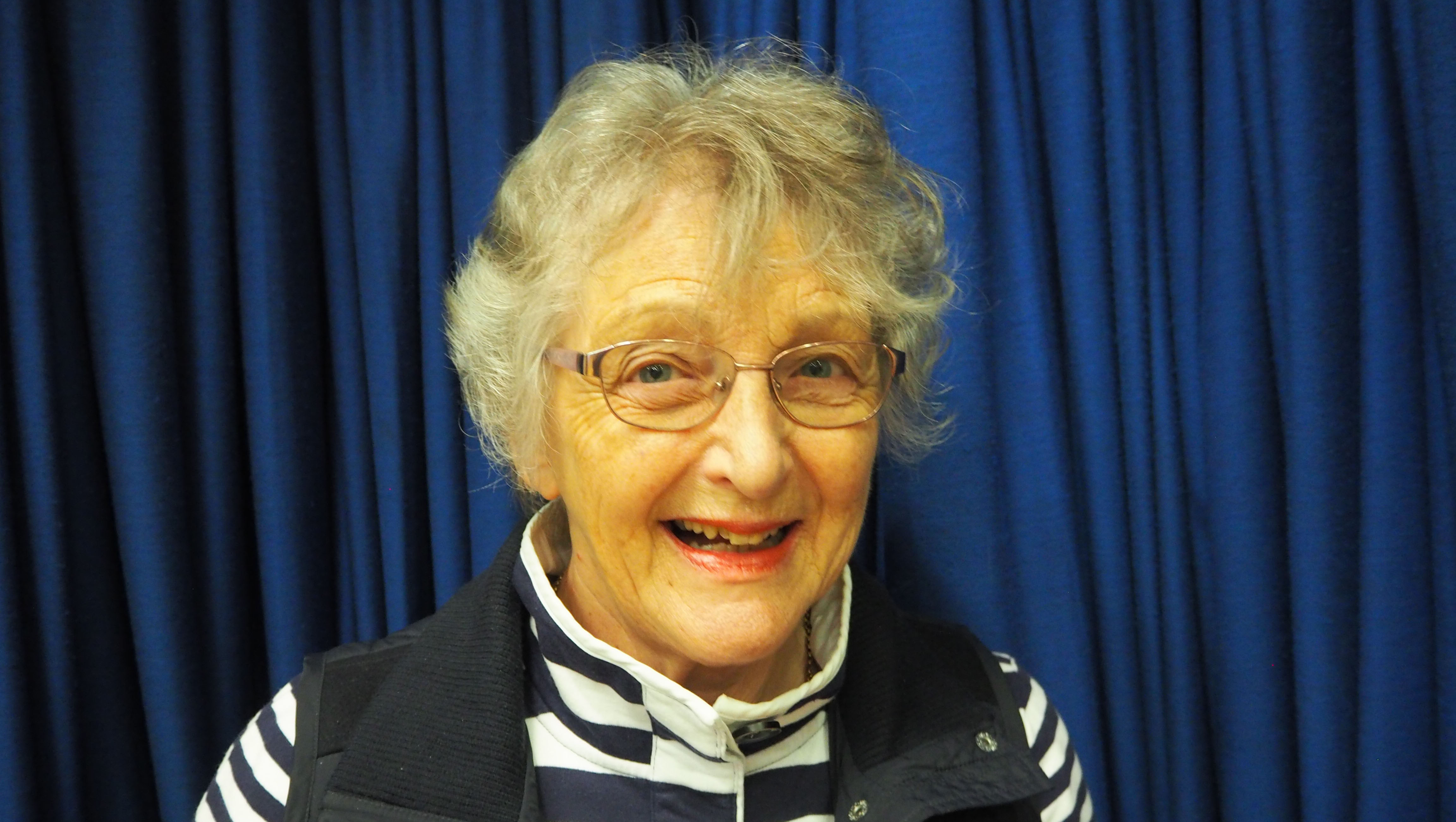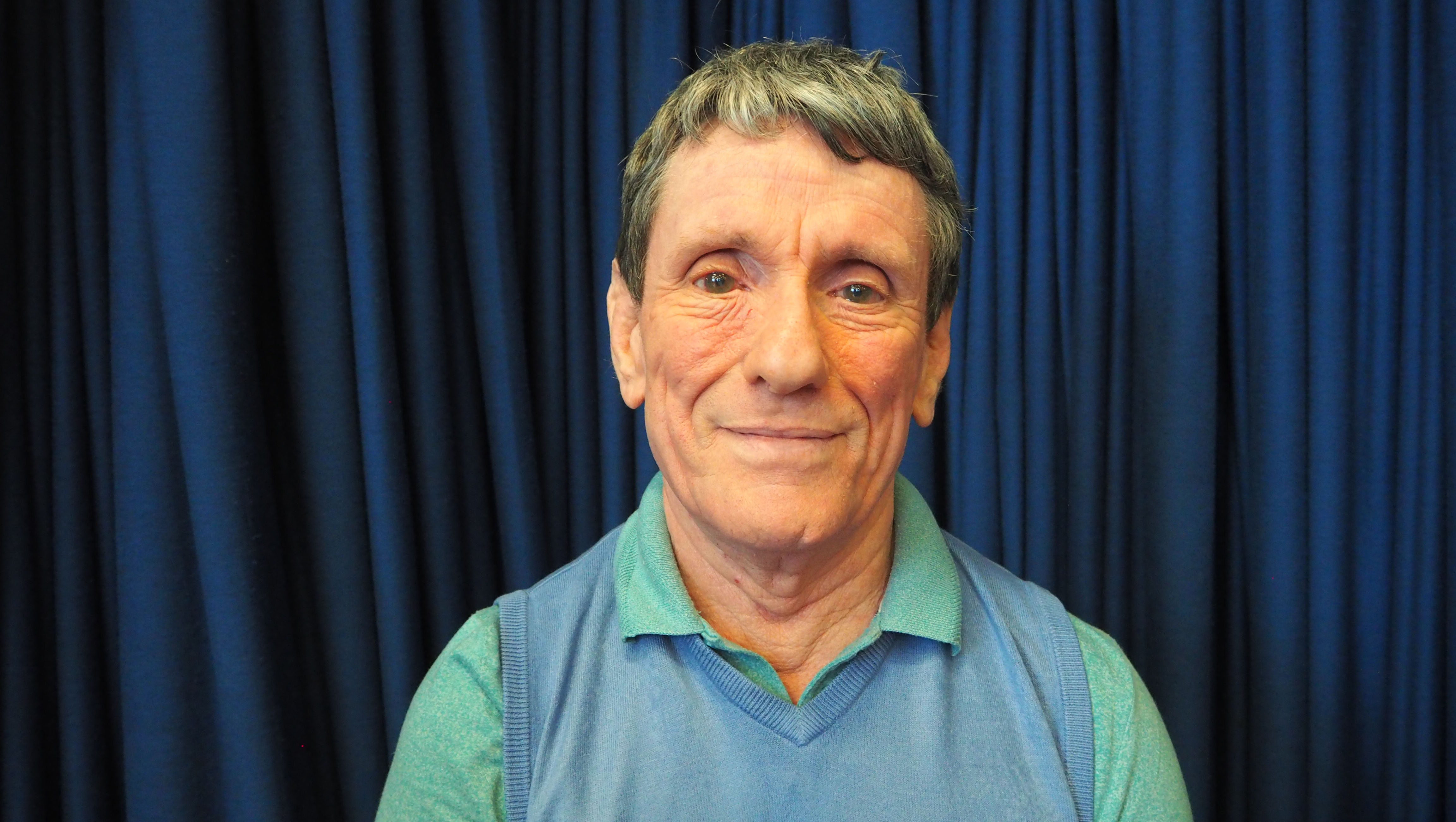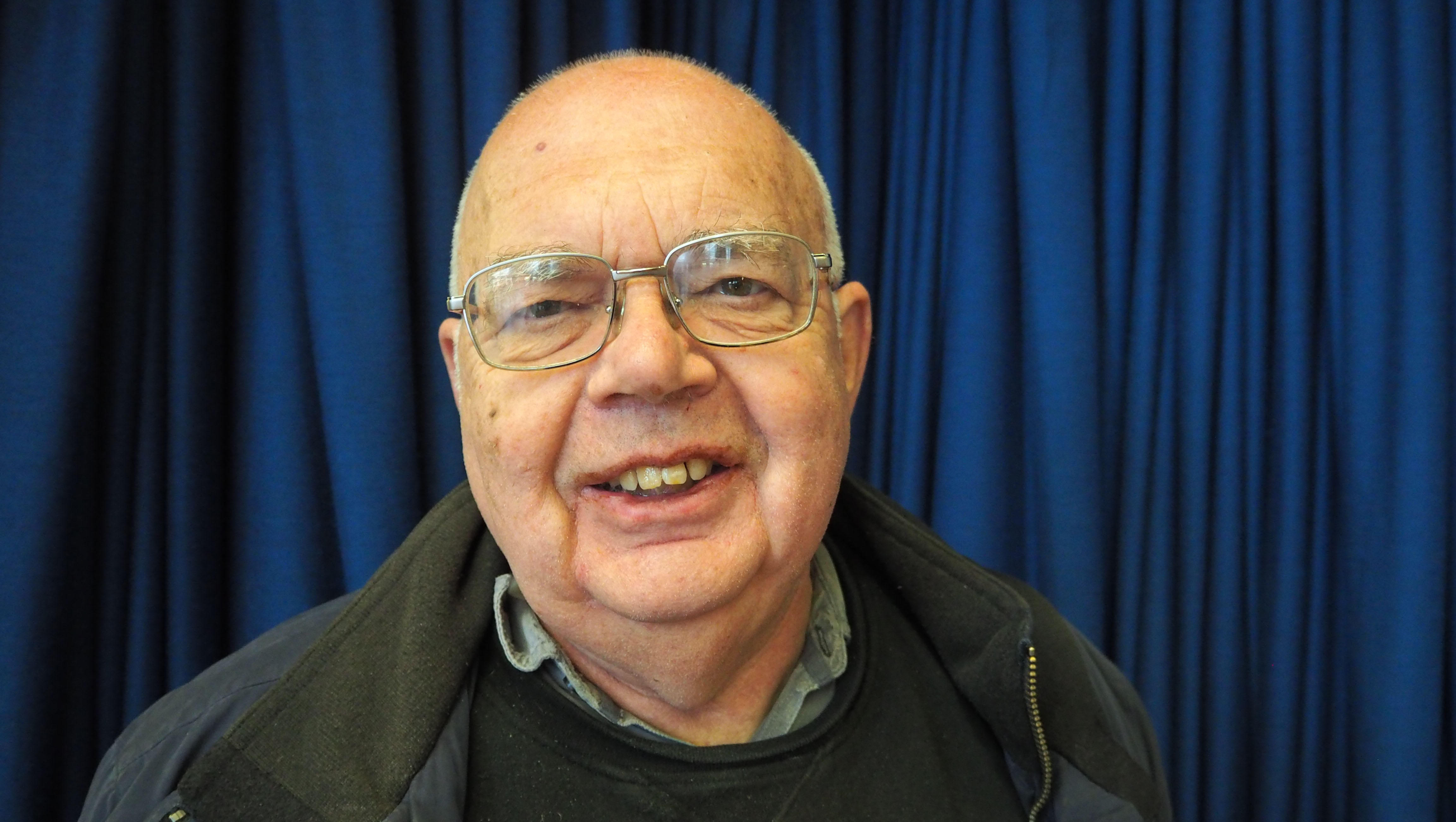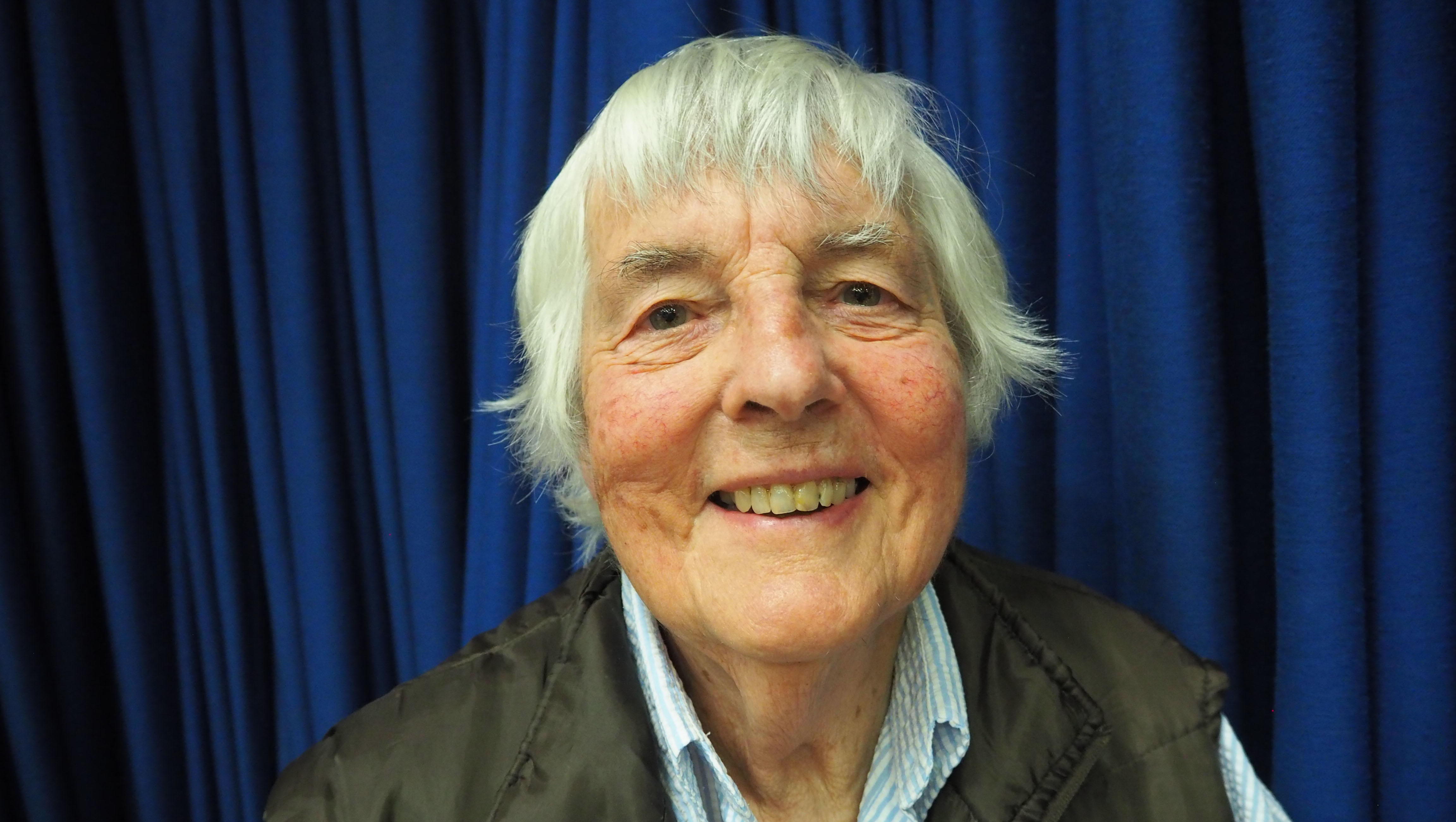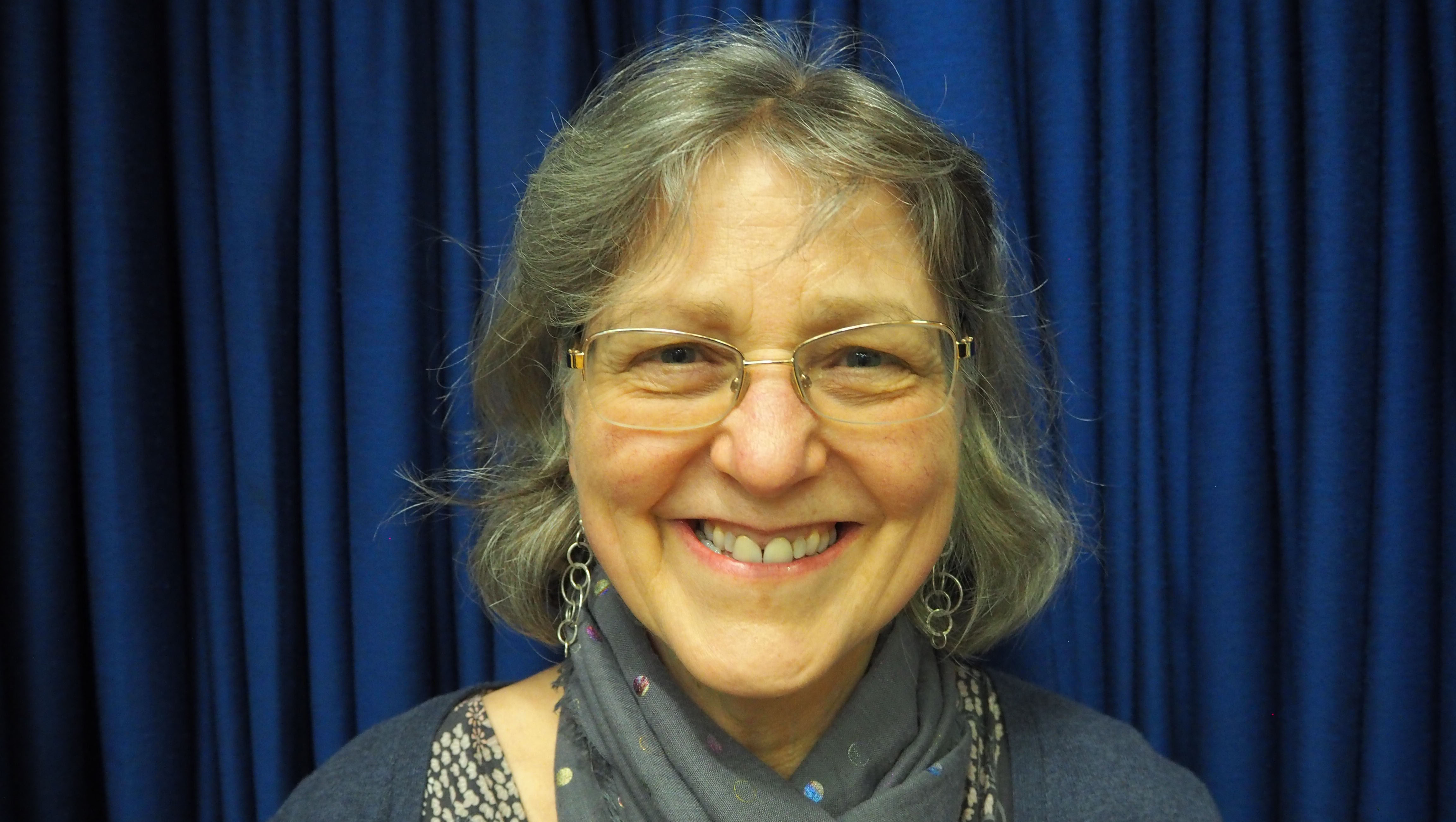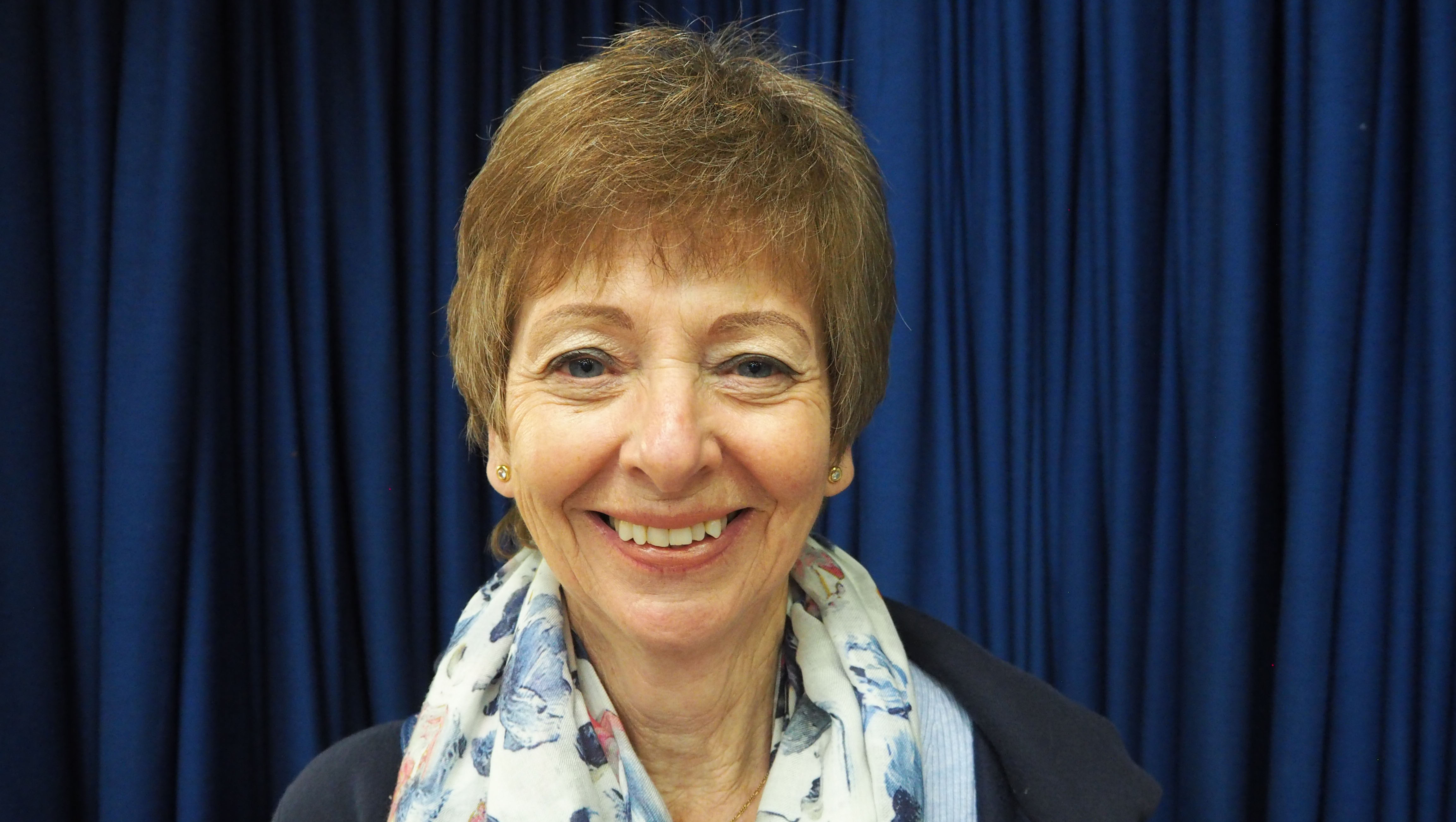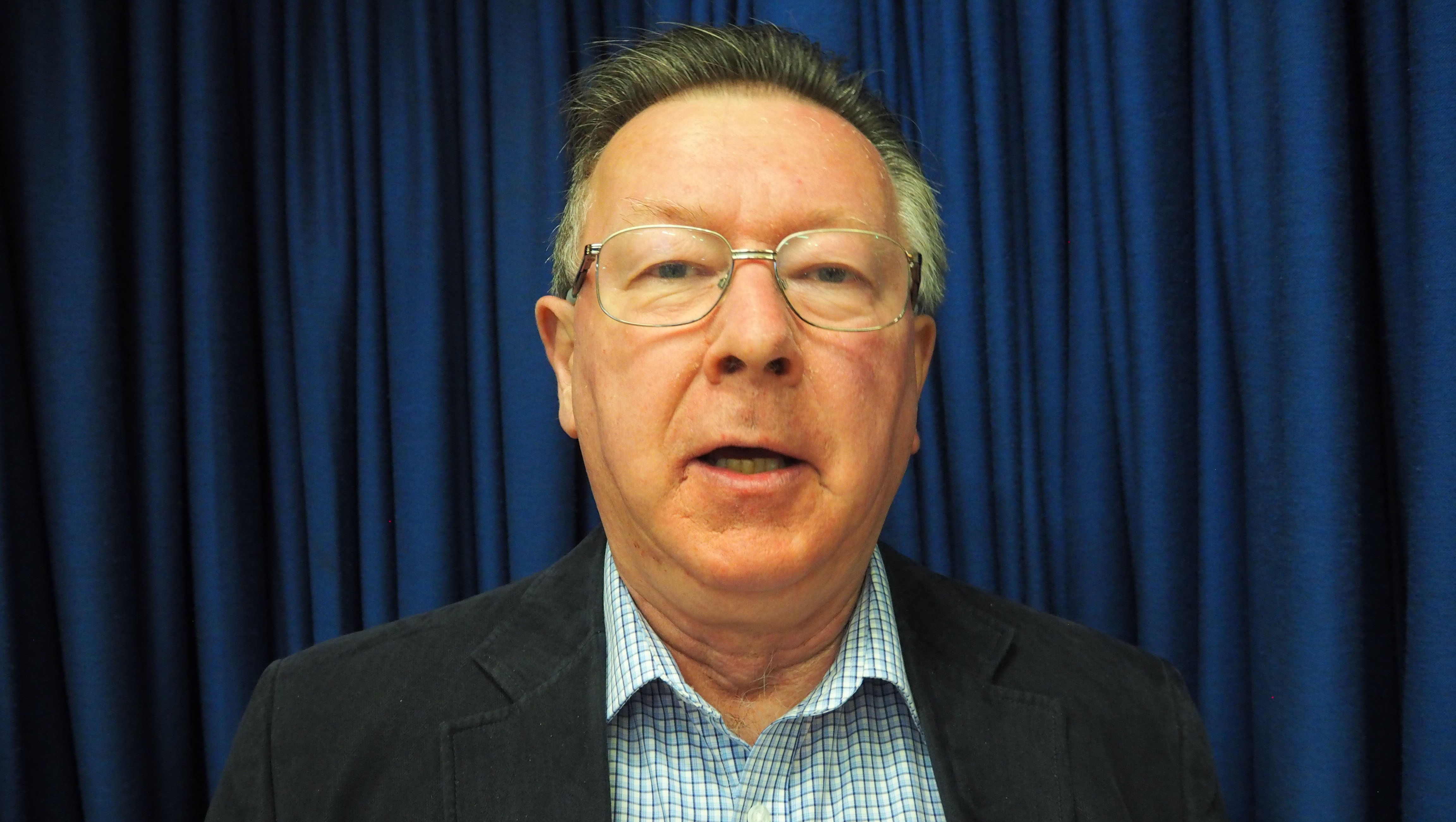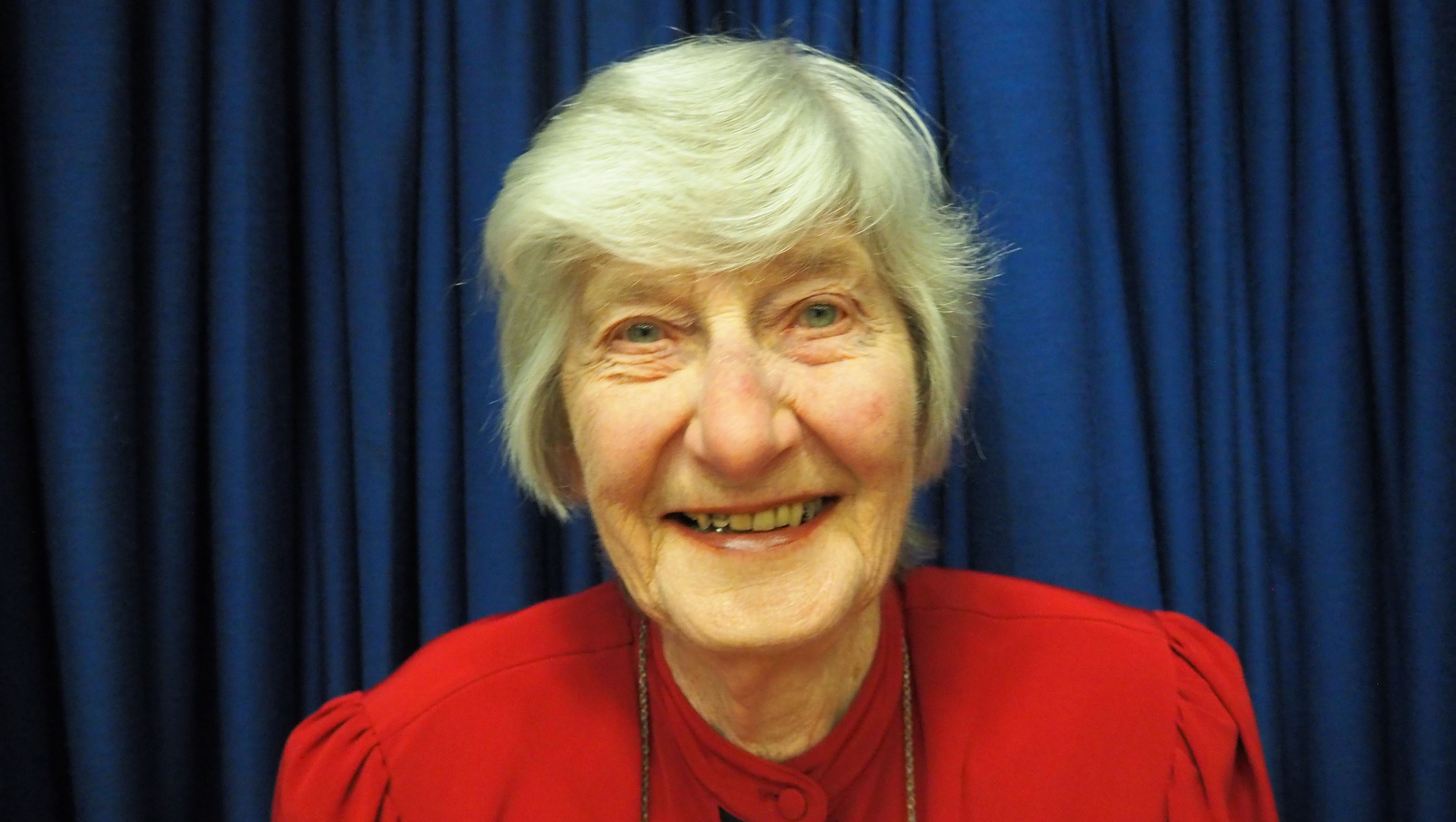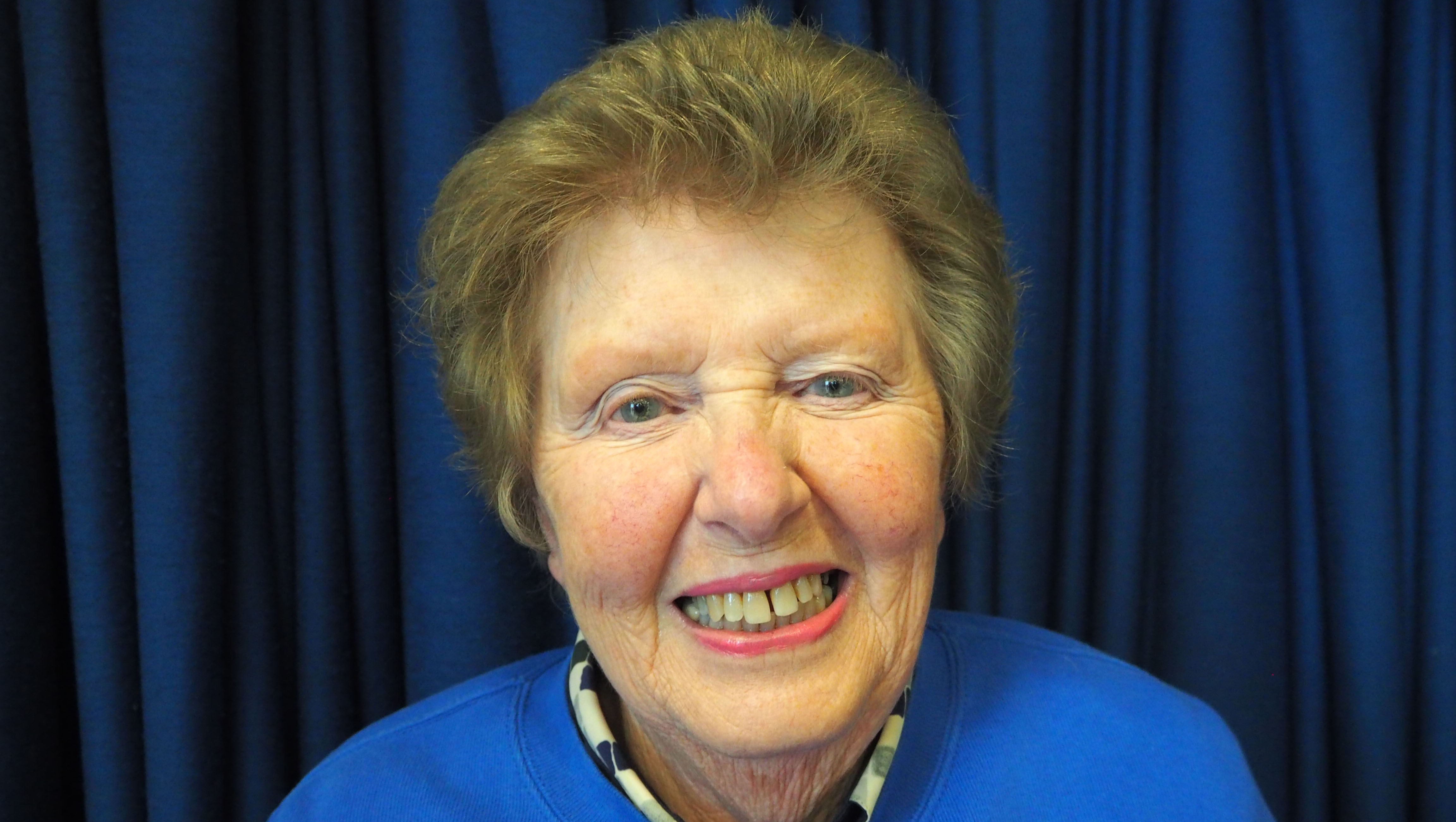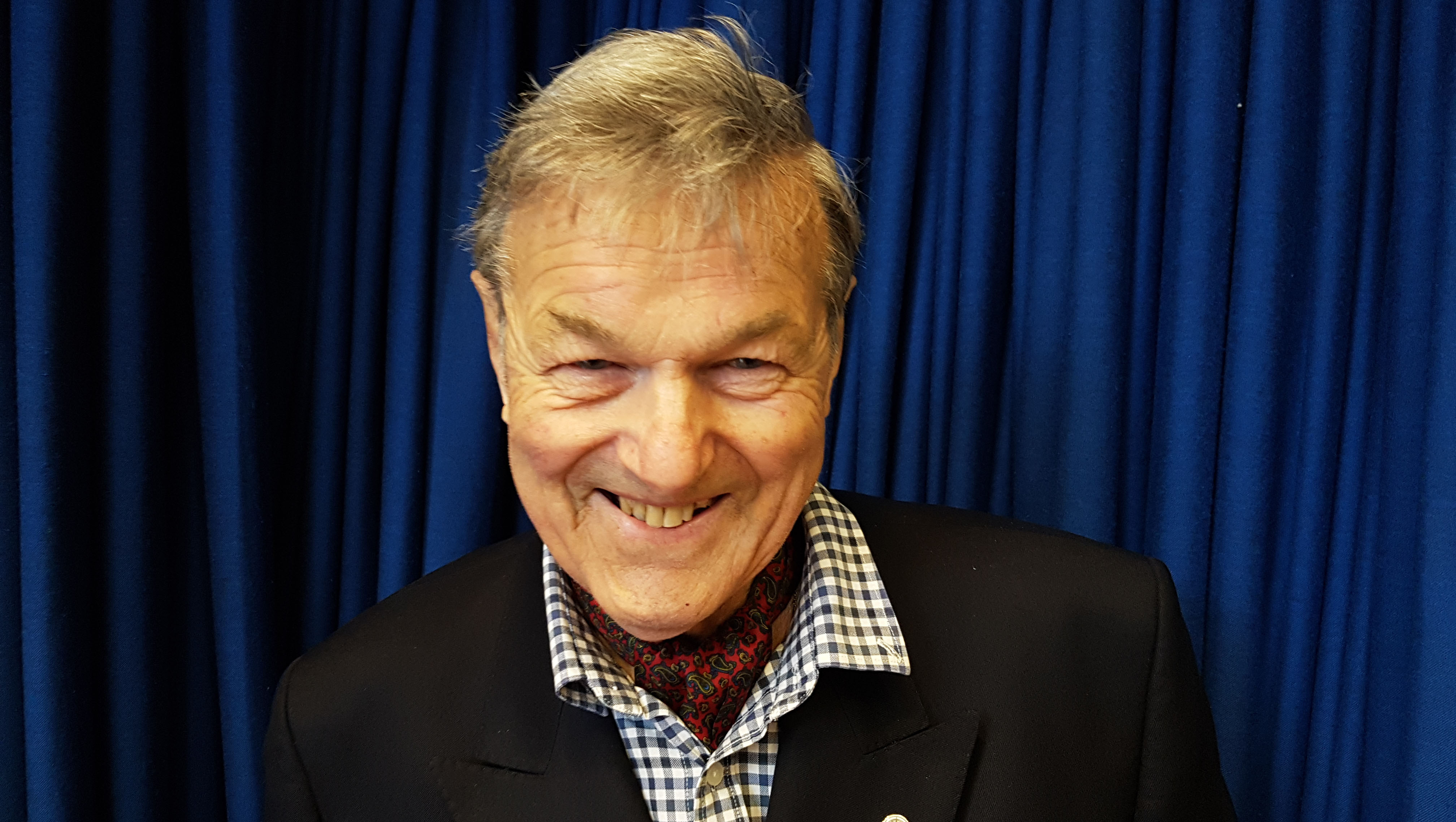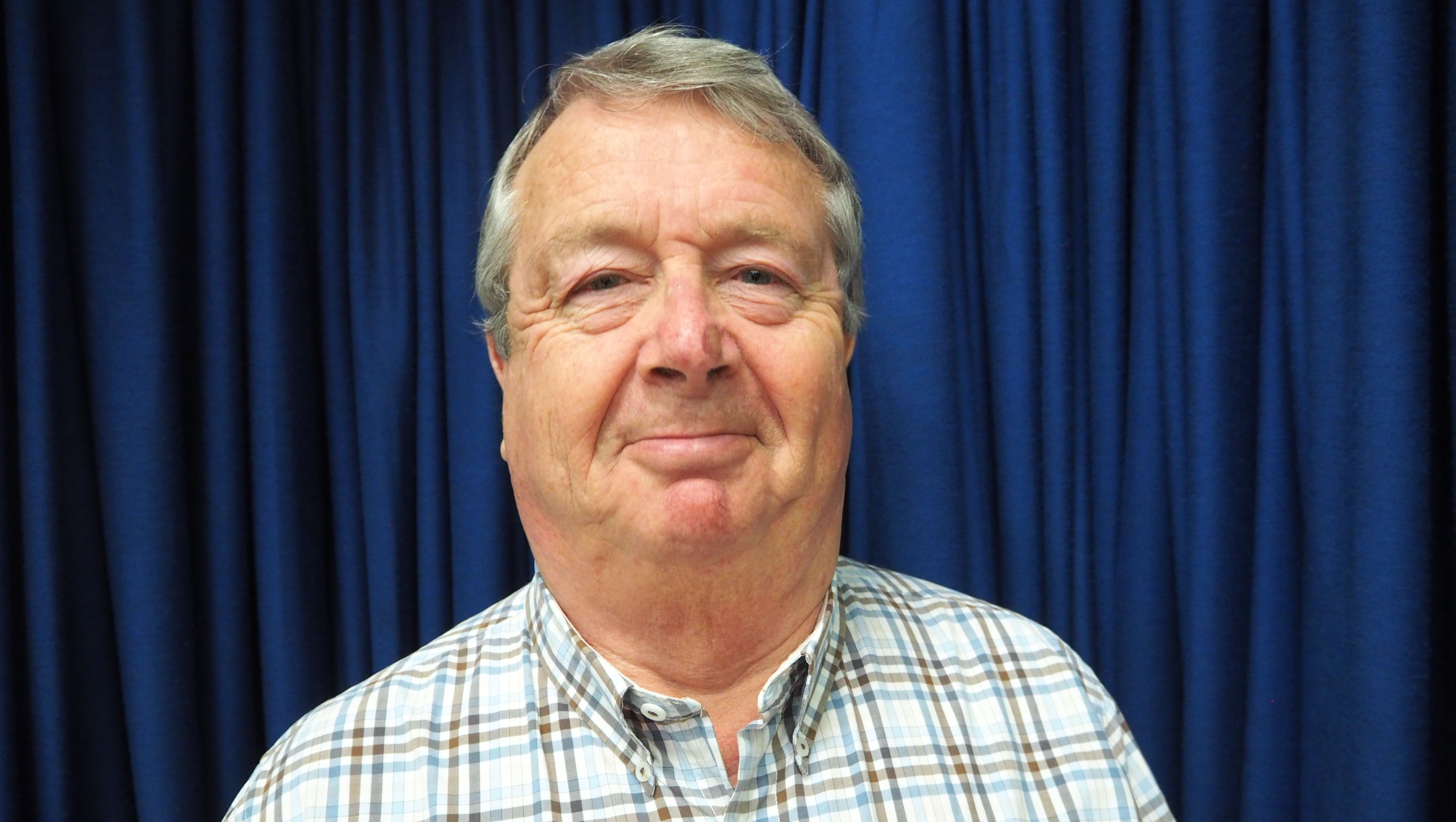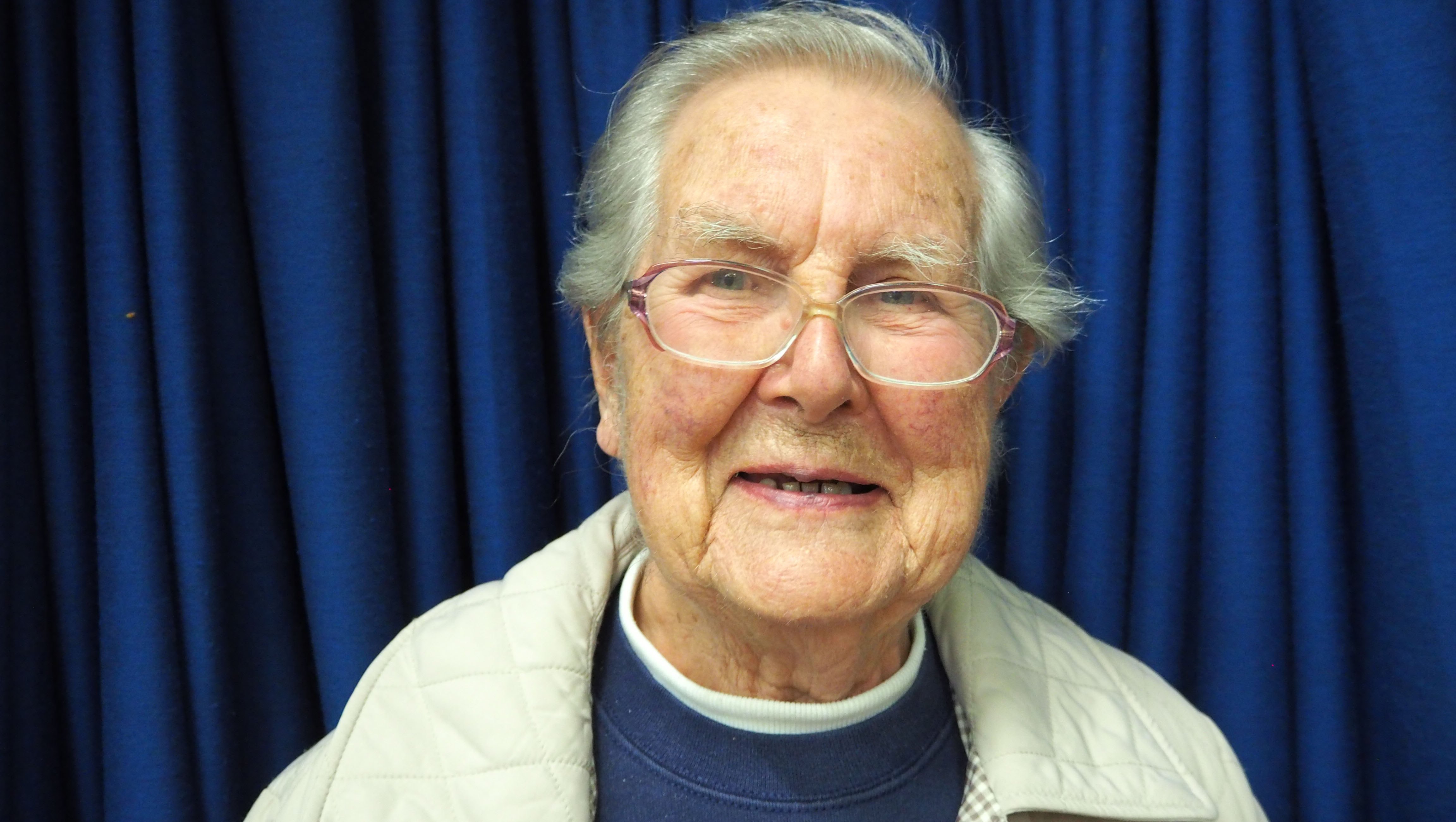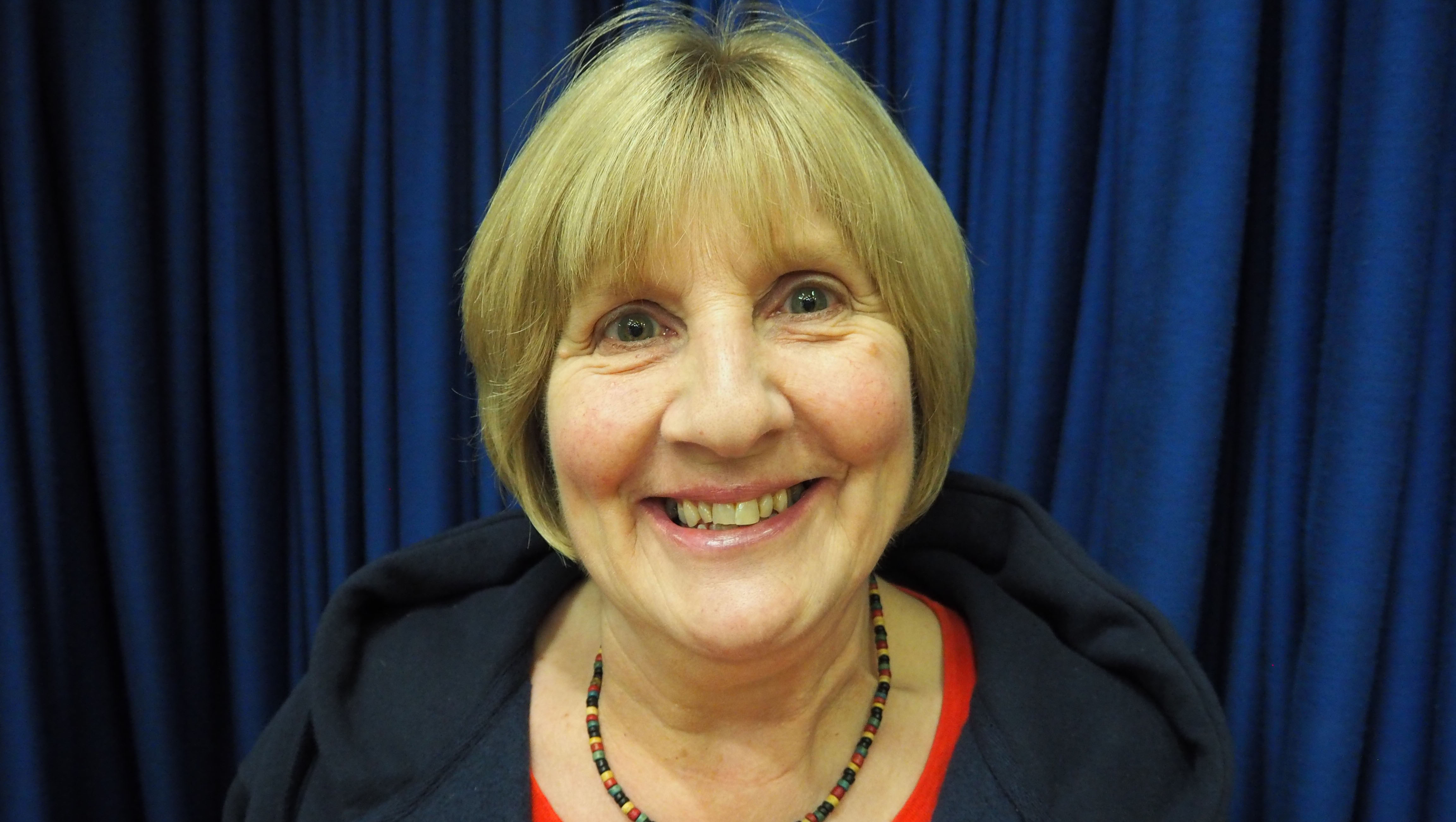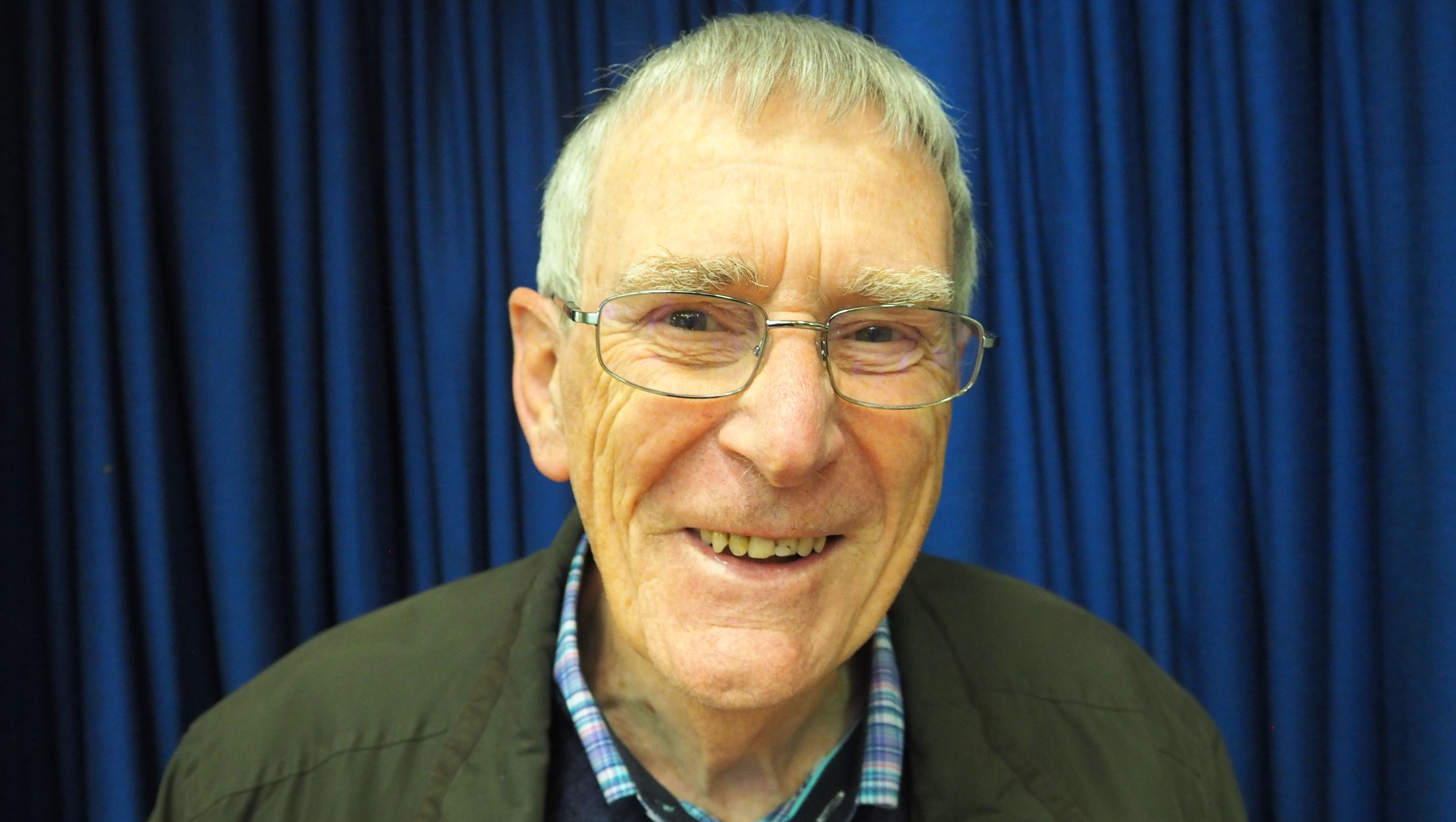The Interviewees
All interviewees give accounts of their musical backgrounds and the circumstances/reasons for joining – and staying with – HCS. All are celebrations of the challenges, joys and absolute pleasures of singing in a choir. There are reflections on likes, and dislikes, on rehearsals, membership, friendships, performances, audiences and the importance of keeping our rich choral traditions vibrant and alive into the future. These are choir members talking about life inside HCS, each with a distinct perspective and insight;
For example, there are accounts of the long and varied history of the choir given by Susan Hitch, Jessie Hopkins, Vic Knowles, Morna Lane. The experiences of finding and joining HCS are described by those with little or no musical or singing backgrounds such as Bob Page and Jill Tozer as well as those with very varying prior musical experiences such as Harold Chaplin, Paul Rutland-Barsby, Jeremy White and Don Tozer.
Alan Cropp gives a great overall sense of how HCS works. The importance of the social side of the choir is illustrated by Carole Davis and John Davis, singing and choir membership as a sustaining source of support is described by Martin Roche and Jane Parsons speaks about coming back to singing and combining it with family and work.
Good insights into what it takes to make a choir run smoothly and successfully behind the scenes are provided by Peter Bodden, Jenny Harrison, Colin Howard and Jane Turner. Thoughts about the future, and soups to avoid serving to soloists, are included in the recording by Chris Stuart-Taylor. A celebration of the rich diversity of classical and contemporary repertoire is included in Gina Beck’s memories and the lasting experience of performing some of the big choral pieces in recordings by June Crew and Debbie Ledsam. The physical experience of singing is recalled by John Roberts.
Trish Goldsmith speaks about the fun of singing in HCS and other local choirs. For a recent experience of joining HCS, listen to Lynda Norton. HCS support for its Friends scheme is explained by Jill Coggins. The sheer enjoyment of coming later to singing is captured by Lynn Willcock and the absolute exhilaration of it all by Pam Jones.
Since 1938 the choir has been led by 12 conductors. The choir's musical director at the time of these recordings, Derek Harrison, has held that position for over 40 years and throughout has pursued a challenging, innovative and varied repertoire with supporting initiatives including schemes for student conductors, bursary schemes for young singers, singing workshops with lunchtime talks by experts in the piece being performed, and voice coaching. In his recording he speaks about some of these aspects, about how he unites a non-auditioned choir comprising such a range of music experience and ability to demonstrate so positively that singing is something that everyone can do. All the other recordings give testimony to his outstanding contribution.

